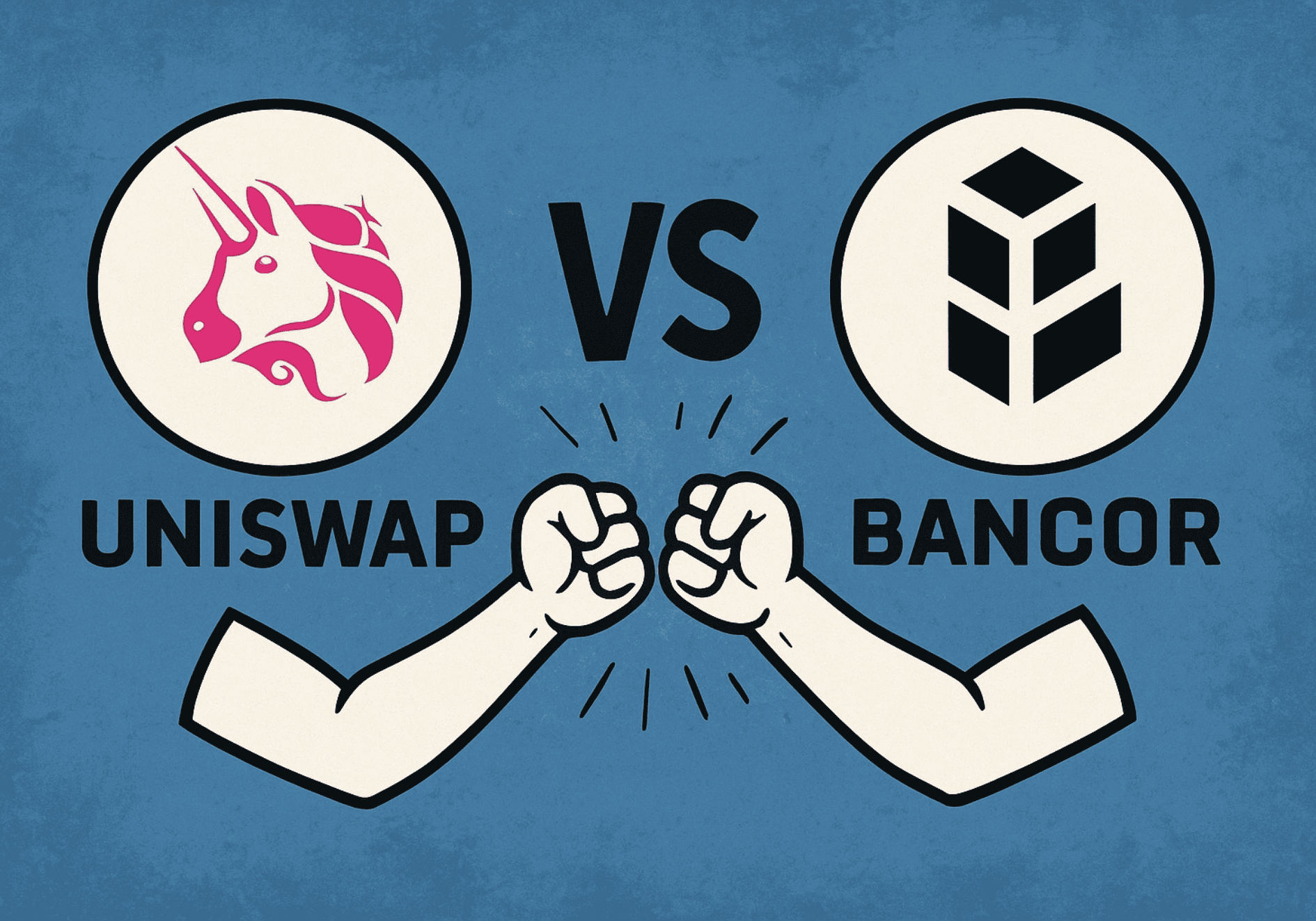Uniswap Faces Lawsuit as Bancor, a pioneer in automated market maker (AMM) technology, accuses the leading DEX of copying its patented innovation. Filed on May 20, 2025, in New York’s Southern District Court, the suit claims Uniswap’s success hinges on Bancor’s intellectual property. This legal battle highlights tensions in the DeFi space and raises questions about fairness in the blockchain industry. This article explores the patent dispute and its implications for crypto innovation.
Bancor’s Allegations Against Uniswap

Top 10 DEXs by 24-hour trading volume. Source: DefiLlama
Uniswap Faces Lawsuit for allegedly infringing Bancor’s 2017 patent on the “constant product AMM” model, developed in 2016. Bancor asserts this mathematical framework underpins decentralized liquidity pools, enabling DEXs to function efficiently. Uniswap, launched in 2018, purportedly adopted this technology without permission, amassing $2.8 trillion in trading volume. Bancor argues this isn’t fair competition but outright theft of its intellectual property, undermining the DeFi space’s ethos.
Mark Richardson, Bancor’s representative, stated, “When entities use our technology without consent to compete directly, we must act.” Bancor warns that unchecked actions by giants like Uniswap could stifle crypto innovation, marginalizing original creators and fostering inequity in the blockchain industry.
A Stark Market Contrast
Uniswap Faces Lawsuit amid a glaring disparity in market performance. DeFiLlama data shows Uniswap dominating the DeFi space, with $4.7 billion in daily trading volume, while Bancor lags at rank 142 with just $520,000. This gap fuels Bancor’s grievance, as Uniswap’s success allegedly stems from Bancor’s foundational work. The patent dispute underscores a broader issue: whether DeFi’s decentralized ideals mask monopolistic tendencies driven by infrastructure control and capital.
Online discussions reflect mixed sentiments. Some support Bancor’s fight for intellectual property rights, while others argue AMM models are open-source by nature, questioning the lawsuit’s validity in the blockchain industry.
A Call for DeFi Accountability

Uniswap Faces Lawsuit not just for financial redress but to challenge DeFi’s regulatory gaps. Bancor’s legal action questions if DeFi promotes fairness or hides centralized dominance behind decentralization. By suing Uniswap, Bancor aims to protect crypto innovation. It seeks to set a precedent that ensures pioneers aren’t sidelined by larger players.
The lawsuit’s outcome could reshape how intellectual property is handled in blockchain. A Bancor victory might inspire smaller projects to defend their innovations. In contrast, a Uniswap win could reinforce the status quo. This outcome may prioritize market leaders over original creators in the blockchain industry.
Conclusion
Uniswap Faces Lawsuit from Bancor, spotlighting a critical patent dispute over AMM technology. As Bancor fights to protect its 2017 patent, the case exposes vulnerabilities in the DeFi space’s commitment to fairness. With Uniswap’s $4.7 billion daily volume dwarfing Bancor’s, the outcome will influence crypto innovation and the blockchain industry’s approach to intellectual property. This battle could redefine DeFi’s balance between competition and equity.

